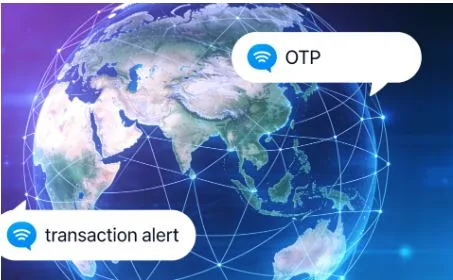A Perspective on Technology and Its Responsibility to Humanity
I have witnessed the moment when the suffix “fiction” quietly slipped away from “science fiction.” The once-distant future imagined by dreamers and novelists now stands at our doorstep. Technology is no longer the limiting reagent in the equation of knowledge. For centuries, humanity’s progress was restrained by the boundaries of our potential — our tools, our reach, our ability to harness nature. Today, those boundaries are redefined not by what we can achieve, but by the breadth of our creativity and the strength of our moral compass.
This is a technological leap that many humans have witnessed in their lifetimes, in different eras. However, in none of these past eras has there been such a radical rewriting of the script — moving the wonders of the possible into the potential of the real in such a short span of time, with peril lurking by the very door of deliverance.
Yet, a shadow still hangs over us. The absence of knowledge, the gaps in access, and the uneven pace of development are like a heavy cloak concealing humanity’s true prosperity. We are living in a man-dreamt, machine-driven chapter of human evolution.
But there is a troubling dissonance. While our technology accelerates into the realm of artificial intelligence at light speed, our social understanding of it limps far behind. Education on AI tools is almost nonexistent. Every human, every digital asset — every click, keystroke, and conversation — is being fed into machines that may one day carry us to the promised land of Artificial General Intelligence. The bells warning of this shift have already been rung, yet few are listening. Instead, the ethics of AI are largely dictated by corporations. And I must ask: how will those ethical codes hold when tested against the weight of a falling share price?
Isaac Asimov foresaw this tension decades ago. Science, by its nature, has no moral compass. It exists to discover. It is society — through its collective moral fabric and the education we instill in future generations — that must decide how these discoveries are used. Without this guiding thread, we risk stepping too soon into domains where science fiction becomes science fact before we are ready. The danger is not the leap itself, but leaping into a void created by our own arrogance, aiming for a destination we cannot see.
To ignore this is to invite a kind of absurdity. Imagine a Palaeolithic tribe that has never mastered fire, yet somehow discovers an electric kettle. Without the knowledge or context to use it for boiling water, they might hang it as a trinket, a curious ornament devoid of purpose. So too could humanity possess the most powerful tools in history — AI among them — yet fail to use them wisely, or worse, use them in ways that diminish rather than elevate us. And this has already started, with traditional education not being able to keep up with the rise of AI churned out ideas thoughts.
So I ask myself: would it not be wiser to slow down? To see what we can truly achieve in our current version of humanity, rather than rushing blindly toward an upgrade to an operating system nobody fully understands? Would it not make sense to take what we have now — to improve it, tweak it, fix it, stabilise its pitfalls — before leaping into a future that risks widening the already dangerous socio-economic divide? It may sound trivial to say “walk before you run,” yet it seems that wisdom itself has been stripped of its authority. Our task is not just to build the future, but to ensure that when it arrives, we recognize it, understand it, and wield it for the collective good.



